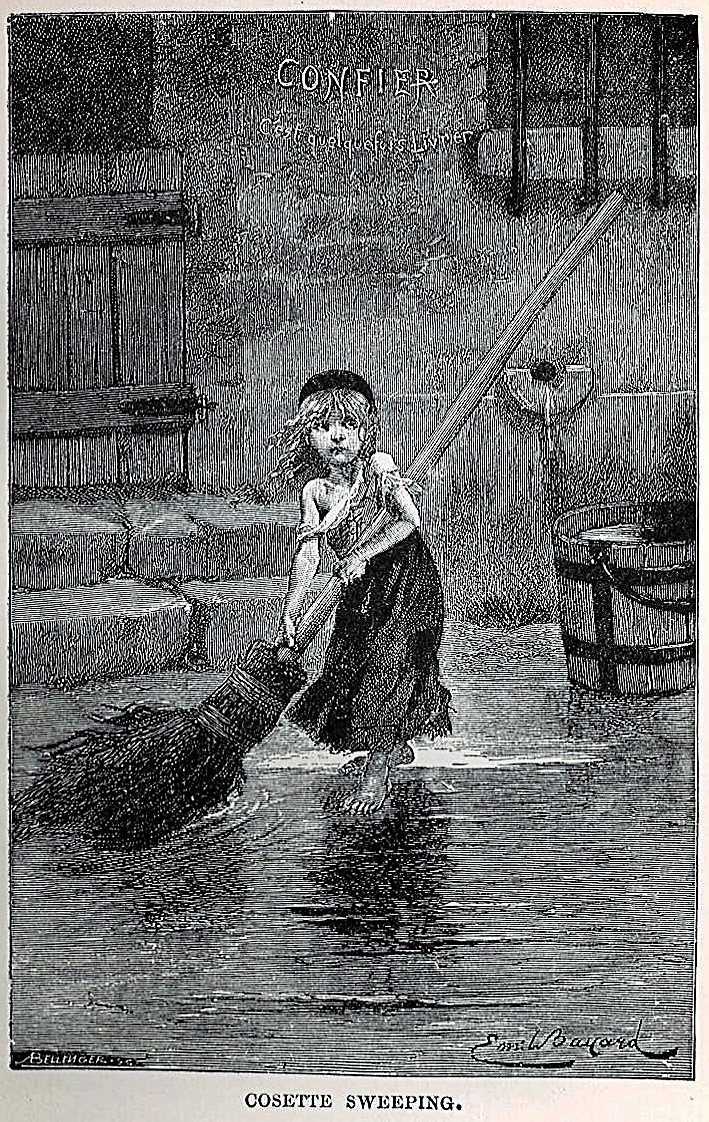 I'm slowly coming back to my regular writing of reviews for the books I read and/or listen to.
I'm slowly coming back to my regular writing of reviews for the books I read and/or listen to. „Conscience is the chaos of chimeras, of lusts, and of temptations; the furnace of dreams; the lair of ideas of which we are ashamed; it is the pandemonium of sophisms; it is the battlefield of the passions. Penetrate, at certain hours, past the livid face of a human being who is engaged in reflection, and look behind, gaze into that soul, gaze into that obscurity. There, beneath that external silence, battles of giants, like those recorded in Homer, are in progress; skirmishes of dragons and hydras and swarms of phantoms, as in Milton; visionary circles, as in Dante. What a solemn thing is this infinity which every man bears within him, and which he measures with despair against the caprices of his brain and the actions of his life! ”
[the post finalized in Beavais, France in a cafe in front of monumental XIII century cathedral]






